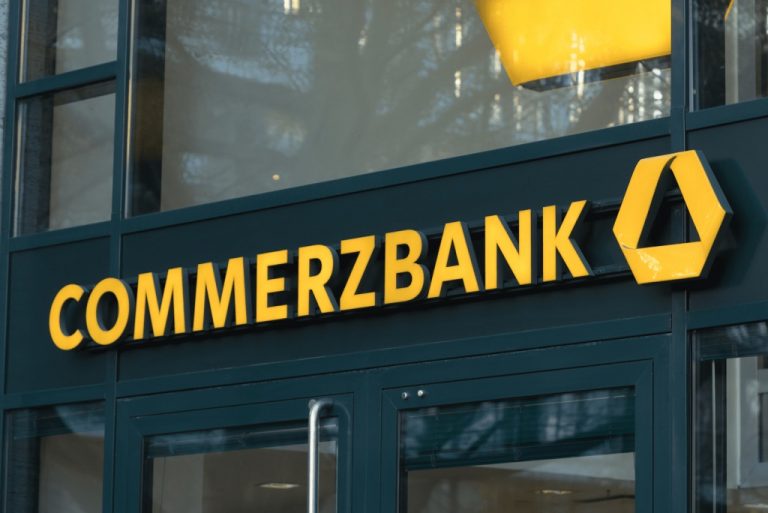
Germany’s fourth-largest bank, Commerzbank, has received a license from the German Federal Financial Supervisory Authority (BaFin) to offer crypto custody services to its clients. This is a significant milestone for the bank, which has been exploring the potential of blockchain technology and digital assets for several years.
Commerzbank is one of the first major banks in Germany to obtain such a license, which allows it to store and manage cryptocurrencies on behalf of its customers. The bank plans to launch its crypto custody service in 2024, after completing the necessary technical and regulatory preparations.
The bank’s CEO, Manfred Knof, said that the license reflects Commerzbank’s commitment to innovation and digital transformation. He added that the bank sees crypto assets as an important part of the future financial system and wants to provide its clients with access to this emerging asset class.
Register for Tekedia Mini-MBA edition 19 (Feb 9 – May 2, 2026): big discounts for early bird.
Tekedia AI in Business Masterclass opens registrations.
Join Tekedia Capital Syndicate and co-invest in great global startups.
Register for Tekedia AI Lab: From Technical Design to Deployment (next edition begins Jan 24 2026).
Commerzbank’s crypto custody service will target both institutional and retail investors who are interested in diversifying their portfolios with cryptocurrencies. The bank will offer a range of crypto products, such as Bitcoin, Ethereum, and stablecoins, as well as security tokens and other digital assets that comply with German law.
The bank will also leverage its expertise in blockchain technology to provide other value-added services, such as tokenization, smart contracts, and decentralized finance (DeFi). Commerzbank has been involved in several blockchain projects in the past, such as issuing a digital bond with Continental AG and Siemens AG and testing a blockchain-based payment system with Deutsche Bahn.
Commerzbank’s crypto custody license is a sign of the growing acceptance and adoption of cryptocurrencies in Germany and Europe. The bank joins other German financial institutions that have obtained similar licenses, such as Solaris Bank, Finoa, and Bankhaus von der Heydt. The bank also follows the footsteps of other global banks that have entered the crypto space, such as BNY Mellon, Standard Chartered, and DBS.
Judge rejects Binance-US and SEC’s request for privacy in Lawsuit.
A major development in the ongoing legal battle between Binance US and the Securities and Exchange Commission (SEC) has occurred, as a federal judge denied both parties’ requests to keep certain documents confidential. The judge ruled that the public interest in the case outweighs the privacy concerns of the parties involved.
The case stems from the SEC’s allegations that Binance US, a subsidiary of the global cryptocurrency exchange Binance, violated securities laws by offering unregistered digital asset securities to US investors. The SEC claims that Binance US failed to register its products as securities or seek an exemption from registration, and that it misled investors about the risks and rewards of investing in crypto.
Binance US denies the allegations and argues that its products are not securities, but rather commodities or currencies that are outside the SEC’s jurisdiction. Binance US also contends that it complied with all applicable laws and regulations, and that it provided adequate disclosures to its customers.
Both parties have filed motions for summary judgment, asking the court to rule in their favor without a trial. As part of the motions, they also submitted various documents as evidence, such as internal communications, financial records, marketing materials, and regulatory filings. However, they also asked the court to seal some of these documents, claiming that they contain sensitive or confidential information that could harm their business interests or privacy rights if disclosed to the public.
The judge, however, rejected their requests and ordered them to file redacted versions of the documents within 14 days. The judge stated that the parties failed to show a compelling reason to seal the documents, and that the public has a right to access them under the First Amendment and the common law. The judge also noted that the case involves matters of significant public interest and importance, such as the regulation of cryptocurrencies and the protection of investors.
The judge’s decision is a setback for both Binance US and the SEC, as it exposes their internal workings and strategies to public scrutiny. It also increases the pressure on them to reach a settlement or face a trial that could have far-reaching implications for the crypto industry.




This blog is useful for me.